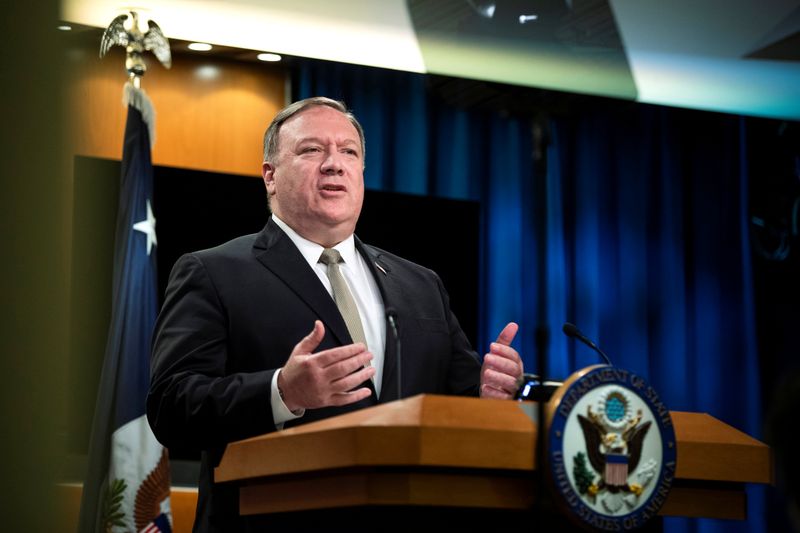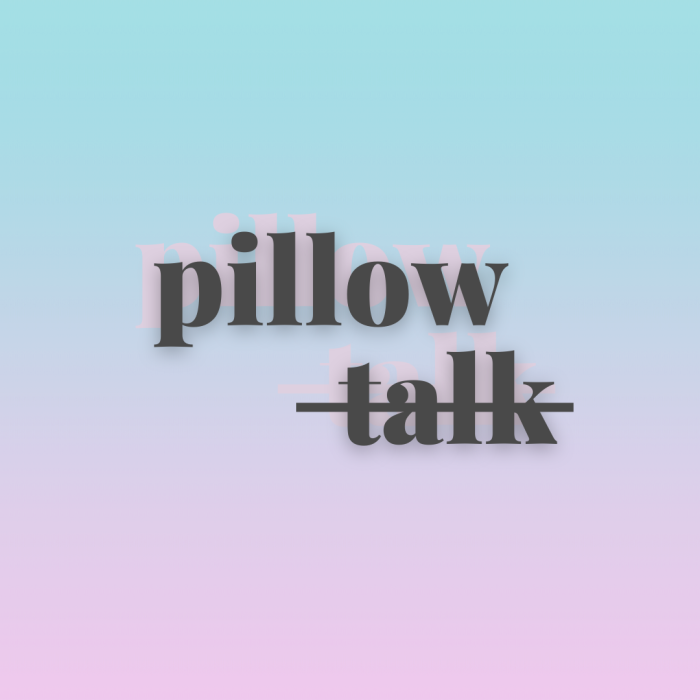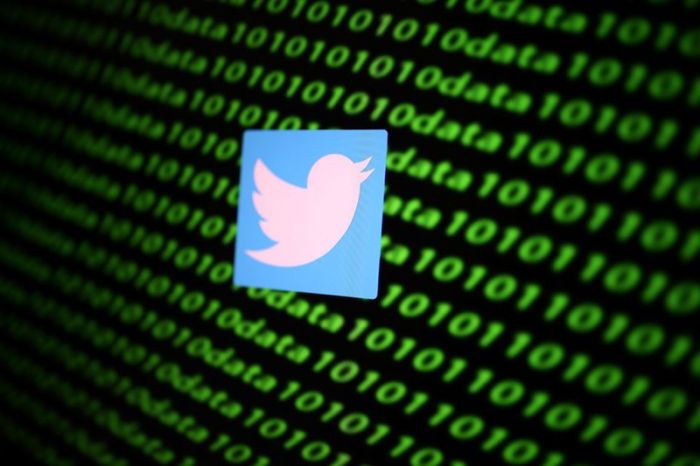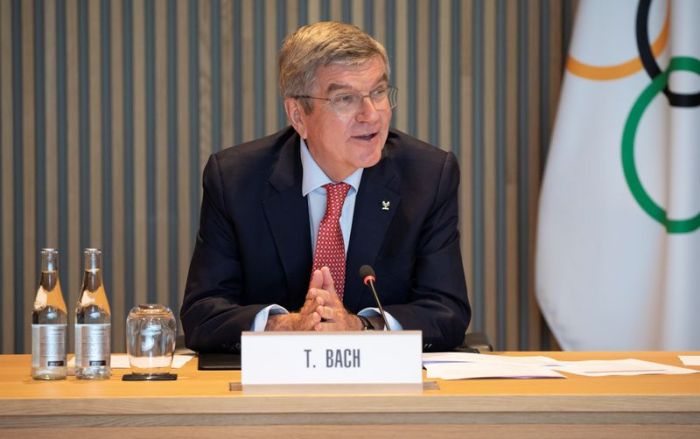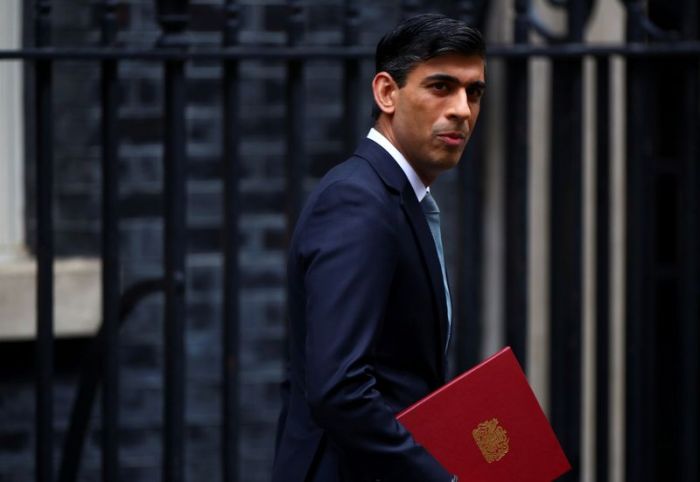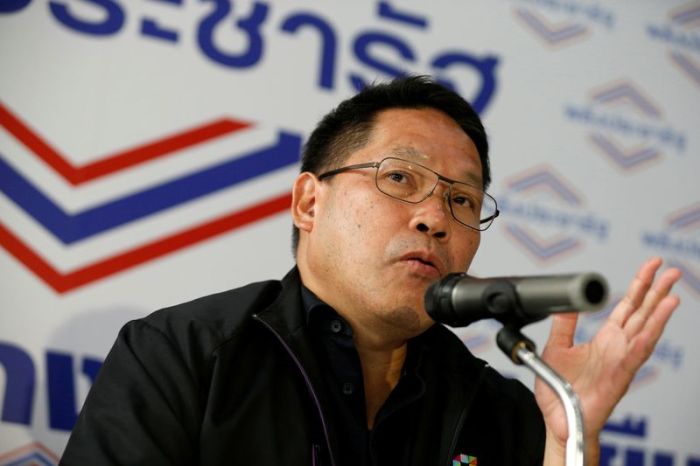WASHINGTON (Reuters) – U.S. Secretary of State Mike Pompeo took fresh aim at China on Wednesday, saying the United States would impose visa restrictions on Chinese firms like Huawei Technologies Co Ltd that he accused of facilitating human-rights violations.
Pompeo also said telecommunications companies around the world “should consider themselves on notice” that if they do business with Huawei, “they are doing business with human-rights abusers.”
Pompeo said Washington hoped to have another set of decisions shortly on Chinese telecoms firms that would reflect the need to protect U.S. citizens’ data from Beijing.
Pompeo told a news conference the State Department would “impose visa restrictions on certain employees of Chinese technology companies like Huawei that provide material support to regimes engaging in human-rights violations and abuses globally.”
He also said that “faster is always better” in terms of getting Huawei out of telecoms infrastructure when asked about British Prime Minister Boris Johnson’s order that Huawei equipment be purged completely from Britain’s 5G network by the end of 2027.
When asked in a later live-streamed interview with political website the Hill about his recent remarks that Washington was looking at banning Chinese social media app TikTok, Pompeo said:
“Whether it is TikTok or any of the other Chinese communications platforms, apps, infrastructure, this administration is taking seriously the requirement to protect the American people from having their information end up in the hands of the Chinese Communist Party.”
In a separate statement referring to alleged abuses against China’s minority Muslim population, Pompeo charged that Huawei was “an arm of the Chinese Communist Party’s surveillance state that censors political dissidents and enables mass internment camps in Xinjiang and the indentured servitude of its population shipped all over China.”
Huawei denies it spies for China and says Washington wants to frustrate its growth because no U.S. company offers the same technology at a competitive price.
A Huawei spokeswoman rejected Pompeo’s comments.
“Huawei operates independent of the Chinese government. We are a private, employee-owned firm. We are disappointed by this unfair and arbitrary action to restrict visas of our employees,” she said.
Pompeo’s latest announcement targeting China comes after President Donald Trump on Tuesday ordered an end to Hong Kong’s special status under U.S. law to punish Beijing for “oppressive actions” against the former British colony, prompting Beijing to warn of retaliatory sanctions.
U.S.-China ties are at the lowest ebb in decades with relations strained over the global coronavirus pandemic, China’s military buildup in the South China Sea, its treatment of Uighur Muslims and Beijing’s massive trade surpluses.
Even so, Pompeo said Washington remained “hopeful” China would complete its requirements under Phase 1 of a trade deal it reached with Trump in January and that “we will see changes in the behavior across the entire spectrum where they have unfairly treated America for far too long.”
Pompeo told the news briefing he would leave for a short visit to Britain and Denmark on Monday and China’s “threat to free peoples around the world” would be high on the agenda. He said he also expected to discuss Huawei.
(Reporting by Humeyra Pamuk, Doina Chiacu, David Brunnstrom, Arshad Mohammed and Karen Freifeld in Washington; Editing by Jonathan Oatis and Matthew Lewis)

